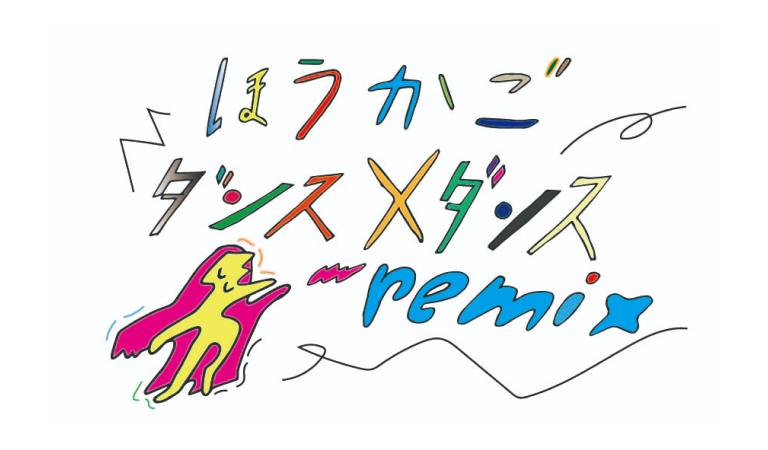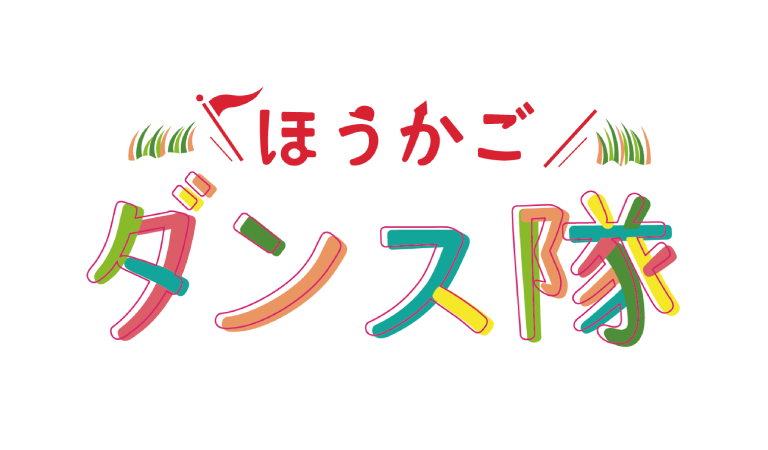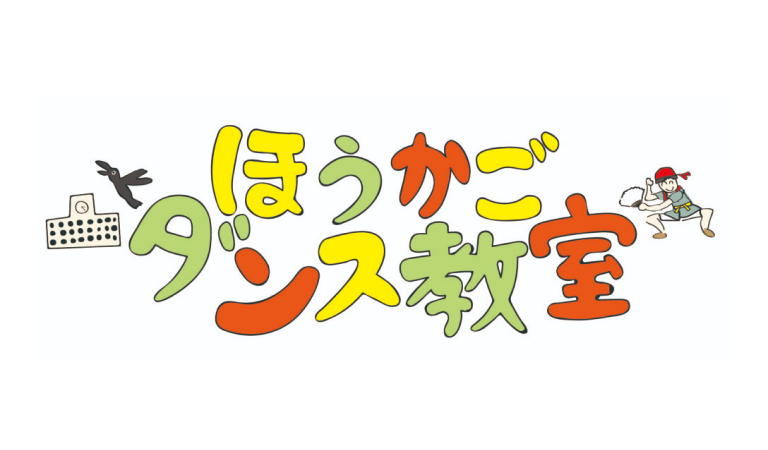Daisuke Muto
Director, ADD
Putting the pandemic aside for the moment, Japan has been experiencing a dance boom for some time now. Street dance has been linked to club activities of middle and high school students. The ban dance is updated every year. In the context of K-POP, the concept of "cover dance" has taken root. In short, it's not just a fad of a particular genre or style, but the presence of "dance" in general is on the rise.
However, I feel that the focus of the boom is basically on "learning" dance, and there is less interest in "creating" it, or choreography. The biggest role of SNS in dance is spreading, or copying. It is also symbolic that "contemporary dance" as a context of experimental choreography has shrunk as if to replace this boom.
"After-school Diversity Dance" (ADD), which was realized as part of Tokyo Tokyo FESTIVAL Special 13, is a project to let children experience the diversity of dance in a workshop format. We thought that if we could build a model for the space for children to gain broader perspectives and fresh insights into dance, some of them might become interested in thinking even deeper about dance, and in "creating" dance instead of just "learning" existing ones.
Since this is a kind of seeding work, continuity is the key. Therefore, we asked adults who are involved in various dances in the neighborhood where the children live to be the instructors. If an intercultural network is created on the part of the adults, the children can be constantly exposed to the real cultural diversity that exists in their own lifeworld. We aimed to create such a circuit.
We would be very happy if you could read this documentary together with the documentary movies available online and retrace the challenges of ADD. Also, if you would like to try this project in your local community, please contact us. We look forward to hearing from you.
Last but not least, I would like to express my gratitude to everyone who has helped make this project possible.In particular, I deeply appreciate the cooperation of Minato City, Kunitachi City, and Hinode Town, as well as the staff at each of the implementation bases, and all those who willingly agreed to be instructors for children.
Director, After-school Diversity Dance
Daisuke Muto
Dance Critic, Choreographer, and Associate Professor of Dance Studies and Aesthetics at Gunma Prefectural Women’s University


